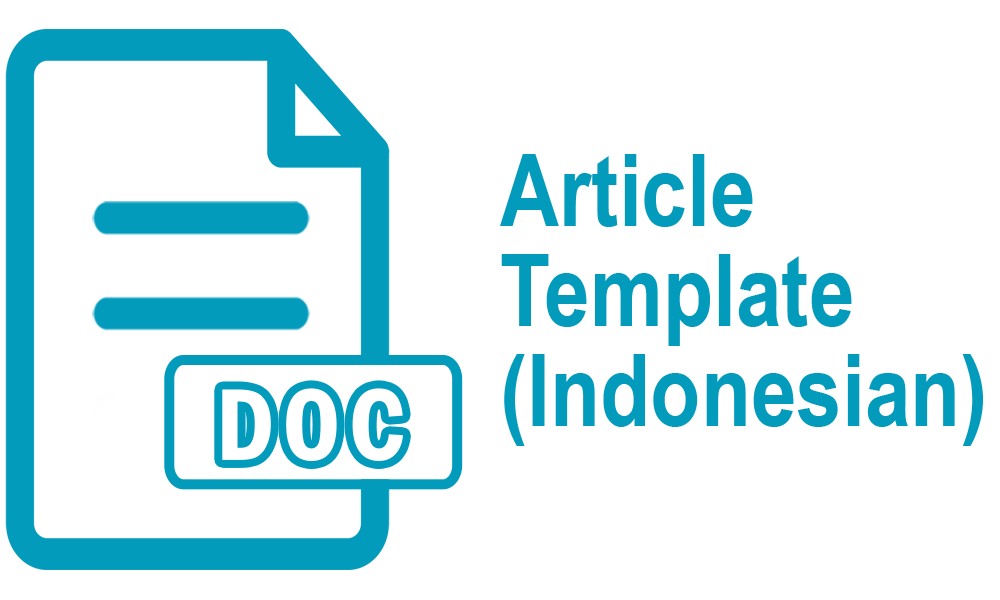ANALYZING SELF-ACTUALIZATION OF JONAS CHARACTER IN THE GIVER NOVEL
Abstract
This study concerns with Self-Actualization in The Giver novel. Aiming to find the character and personality of Jonas through the Self-Actualization described in the novel. The source of data is taken from The Giver novel by Lois Lowry. This study used Self-Actualization theory by Abraham Maslow. The researchers was employed that Jonas has bravery, sensitive feelings, and intelligence. The results of this research showed that self-actualization found in Jonas are: 1) objective perception, (2) general acceptance of nature, others and oneself, (3) spontaneity, simplicity, and naturalness behaving, (4) needs for privacy and independence, (5) autonomous functioning, (6) freshness of appreciation, (7) mystical or “peak” experiences, (8) concern in social interest, (9) interpersonal relations, (10) recognize discrimination between means and ends, good and evil, (11) present creativeness. When Jonas gets the memories from The Giver, then he shows his self-actualization. The memories open up his mind to think, and to realize that the real world is much beautiful with the difference between one and another. Thus, Jonas is a dynamic character. From Jonas self-actualization, he tries to recognize his own self, develop his ability, his personal uniqueness, and to actualize his potentials as a human being that capable of becoming what he wants to achieve.
Keywords
Full Text:
PDF (Bahasa Inggris)References
American Library Association.1994 Newbery Medal and Honor Books. 1999. Web. 11 January 2015.
Cattell, R.B. Intelligence: Its Structure, Growth and Action. Elsevier. 1987. Print.
Critelli, Joseph W. Personal Growth and Effective Behaviour. New York: CBS College. 1987. Print.
Fajriyah, Khoiriyatul, Widyatmike Gede Mulawarman, & Alfian Rokhmansyah. “Kepribadian Tokoh Utama Wanita dalam Novel Alisya Karya Muhammad Makhdlori: Kajian Psikologi Sastra.” CaLLs (Journal of Culture, Arts, Literature, and Linguistics), 3.1 (2017): 1 - 14. Pdf. 8 January 2019
Ferguson, Gaylon. Natural Bravery: Fear and Fearlessness as a Direct Path of Awakening. Shambhala Publications. 2016. Print.
Gill, Richard. Mastering English Literature: Third Edition. London: Macmillan Education LTD. 2006. Print.
Giriani, Nella Putri, M Rusydi Ahmad, & Alfian Rokhmansyah. “Kepribadian Tokoh Utama dalam Naskah Monolog Balada Sumarah Karya Tentrem Lestari: Kajian Psikologi Sastra.” Ilmu Budaya (Jurnal Bahasa, Sastra, Seni dan Budaya), 1.1 (2017). Pdf. 8 Sep. 2019
Iser, Wolfgang. “The Reality of Fiction: A Functionalist Approach to Literature.” New Literary History, vol. 7, no. 1, 1975, pp. 7–38. JSTOR. Pdf.
Kalish,Richard. The Psychological of Human Behaviour-3rd ed. California: Brooks/Cole Publication, Co. 1973. Print.
Kennedy, X.J. Literature: An Introduction to Fiction, Poetry, and Drama. Canada: Little Brown and Company LTD. 1983. Print.
Krippendorf, Klauss. Content Analysis: An Introduction to Its Methodology. SAGE Publications. 2012. Print.
Lowry, Lois. THE GIVER. New York: Houghton Mifflin Harcourt Publishing Company, 1993. Print.
Maslow, Abraham Harold. Motivation and Personality. New York: Harper & Row, Inc., 1954. Print.
May, Larry. Sharing Responsibility. University of Chicago Press. 1996. Print.
Miles and Huberman. Qualitative Data Analysis. London. 1994. Pdf.
Mission, Marian. Primer on Personality. Inspiring Voices. 2014. Print.
Murphy, M.J. Understanding Unseen: An Introduction to English Poetry and the English Poetry for Overseas Students. London: George Allen and Unwin, Ltd. 1972. Print.
Peterson, Christopher and Seligman, Martin E.P. Character Strenghts and Virtues: A Handbook and Classification. Oxford University Press. 2014. Print.
Rees, R.J. English Literature:An Introduction to Foreign Readers. Hongkong: The Macmillan Press Limited. 1973. Print.
Robert, Edgar. V and Jacobs, Henry. Literature: An Introduction to Reading and Writing. New Jersey: A Simon and Schuster, Comp. 1993. Print.
Rohrberger, Mary and Samuel H. Woods Jr. Reading and Writing about Literature. New York: Random House. 1971. Print.
Rokhmansyah, Alfian, & Ratna Asmarani. “Struktur Ketaksadaran Kolektif Tokoh Utama dalam Novel The Sweet Sins Karya Rangga Wirianto Putra.” AKSARA, 30.2 (2018): 221-236. Pdf. 10 February 2019.
Rokhmansyah, Alfian. “Struktur Kepribadian Tokoh Utama dalam Novel The Sweet Sins Karya Rangga Wirianto Putra.” Deiksis : Jurnal Pendidikan Bahasa dan Sastra Indonesia, 5.2 (2018): 25-36. Pdf. 8 January 2019.
Schultz, Duanne Schultz’s. Growth Psychology: Modals of the Healthy Personality. New York: D Van Nostrand. 1977. Print.
Sosik, John J. Leading with Character 2nd Edition: Stories of Valor and Virtue and the Principles They Teach. IAP. 2015. Print.
Stemberg, Robert J. Wisdom, Intelligence, and Creativity Synthesized. Cambridge University Press. 2003. Print.
DOI: http://dx.doi.org/10.30872/jbssb.v3i3.2208
Refbacks
- There are currently no refbacks.
Copyright (c) 2019 Herdiana Rahayuningsih, Dyah Sunggingwati, Nita Maya Valiantien
Editorial address:
Fakultas Ilmu Budaya, Universitas Mulawarman
Jl. Ki Hajar Dewantara, Gunung Kelua, Kec. Samarinda Ulu, Kota Samarinda, Kalimantan Timur, Indonesia 75123
Email: jurnalilmubudaya.fibunmul@gmail.com
Website: http://e-journals.unmul.ac.id/index.php/JBSSB
Ilmu Budaya: Jurnal Bahasa, Sastra, Seni, dan Budaya is licensed under a Creative Commons Attribution-ShareAlike 4.0 International License






